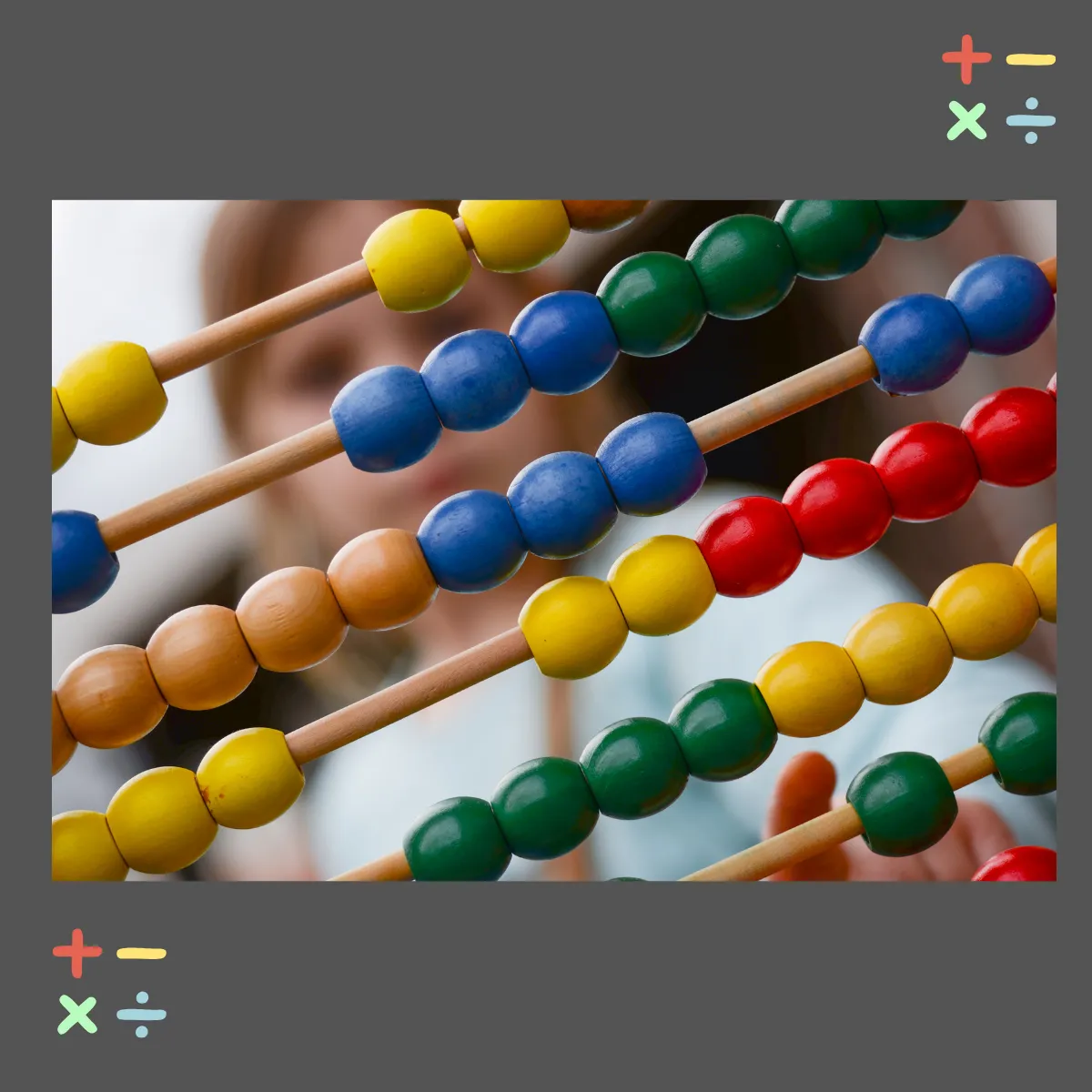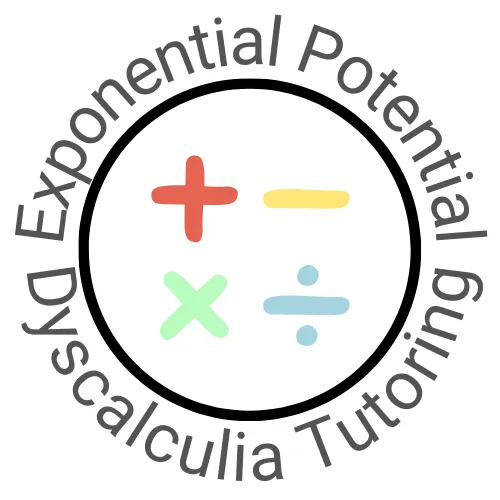Contact Us
Blog

Dyscalculia Explained: The Overlooked Math Learning Disability With Hard-to-Find Support (Until Now)
As a math tutor, I often encounter a puzzling situation: When I mention that I work with students who have dyscalculia, I'm typically met with blank stares. Yet when I mention dyslexia, everyone knows exactly what I'm talking about. This stark contrast in awareness is particularly troubling because dyscalculia affects roughly the same number of students as dyslexia.

The hidden impact of awareness gaps
The myth that dyscalculia is rare has created a domino effect of problems. Students go undiagnosed even during formal educational testing. Parents accept 'I was never good at math either' as an unchangeable family trait rather than a sign that their child might need support. And perhaps most concerning, there's a severe shortage of tutors trained to help these students - because many educators don't even know this learning difference exists.

Why we decided to expand our practice
The reality of this shortage became personal for me when I started having to tell families our schedules didn't align. Parents would call, relieved to finally find someone who understood dyscalculia, only to learn that our timing couldn't work.
There are only so many morning and afternoon hours when families need tutoring support, and the demand far exceeds what one tutor can provide. After too many conversations that ended with "let's keep in touch in case something opens up," I realized I was becoming part of the problem I was trying to solve. That's when I made the decision to expand our practice.
Finding another tutor wasn't just about availability - it was about finding someone who understands that these students need more than just math instruction. When I met Erin, I knew immediately she was the right fit.
With her BS in Secondary Education and experience teaching everything from kindergarten-level Saxon math through Algebra 1 and Geometry, plus currently completing specialized dyscalculia training, she brings both classroom expertise and deep understanding of individual learning needs.
What drew her to dyscalculia work was her heart for helping students move from discouragement and frustration to finding joy in learning. As she puts it, "In the classroom, I could only do so much to meet students' individual needs to give them the tools to find competence and confidence in math. I found that my favorite part of teaching was working one-on-one with students who needed more time and personalized teaching."
She gets both the academic and emotional components of this learning difference, and shares my commitment to giving every student the individualized support they need to flourish. I wouldn't trust my practice's reputation, or these families, to just anyone.

What dyscalculia actually looks like
The reality is that dyscalculia shows up in many ways. It's not just about struggling with complex math. Students with dyscalculia often have trouble with fundamental skills like:
Recognizing small quantities without counting them one by one
Keeping track while counting objects
Learning basic math facts
Telling time or understanding how long tasks will take
Directional concepts like left and right

Changing the narrative around math struggles
But here's what's critical to understand: These struggles aren't a life sentence of being 'bad at math.' Unfortunately, our culture has normalized statements like 'I was never good at math either,' treating math difficulties as inevitable rather than a signal that we need to intervene. This mindset has created a devastating cycle where proper support seems out of reach.
Students can succeed with the right support
The truth is, while dyscalculia isn't something that can be 'cured,' students absolutely can succeed with the right support. Through multi-sensory instruction, students can develop stronger number sense. With appropriate accommodations - like calculator use, extra time, formula sheets, and multiplication tables - these students can thrive in math. But they can only get this support if we first acknowledge that dyscalculia isn't rare and start looking for it.

The cost of failing to recognize dyscalculia
As someone who works directly with these students, I can tell you that the biggest barrier isn't the dyscalculia itself - it's our collective failure to recognize and respond to it. Every time we dismiss math struggles as normal or inevitable, we miss an opportunity for early intervention. Every time we accept that some people 'just aren't math people,' we perpetuate a cycle that leaves students without the support they need.
We need to start treating math difficulties with the same seriousness we give to reading difficulties. We need more educators trained to recognize the signs of dyscalculia. We need parents to know they can ask for testing and accommodations. Most importantly, we need to challenge this myth that dyscalculia is rare - because until we do, too many students will continue to struggle unnecessarily.
How we can help your child
If you're reading this and recognizing these signs in your student or child, know that we're here to help. With our expanded team, we can now offer flexible morning and afternoon scheduling to serve more families beginning with the new school year.
Ready to explore how we can help your child succeed in math? During our free consultation, we'll discuss your child's specific challenges, explore how dyscalculia might be impacting their learning, and create a plan that builds the foundational number sense and skills your child needs to succeed in mathematics. Learn more about our approach to supporting students with dyscalculia. Don't wait. Don't accept struggling with math as inevitable. With proper support and tools, these students can develop the skills they need to succeed in math and, by extension, in life.



